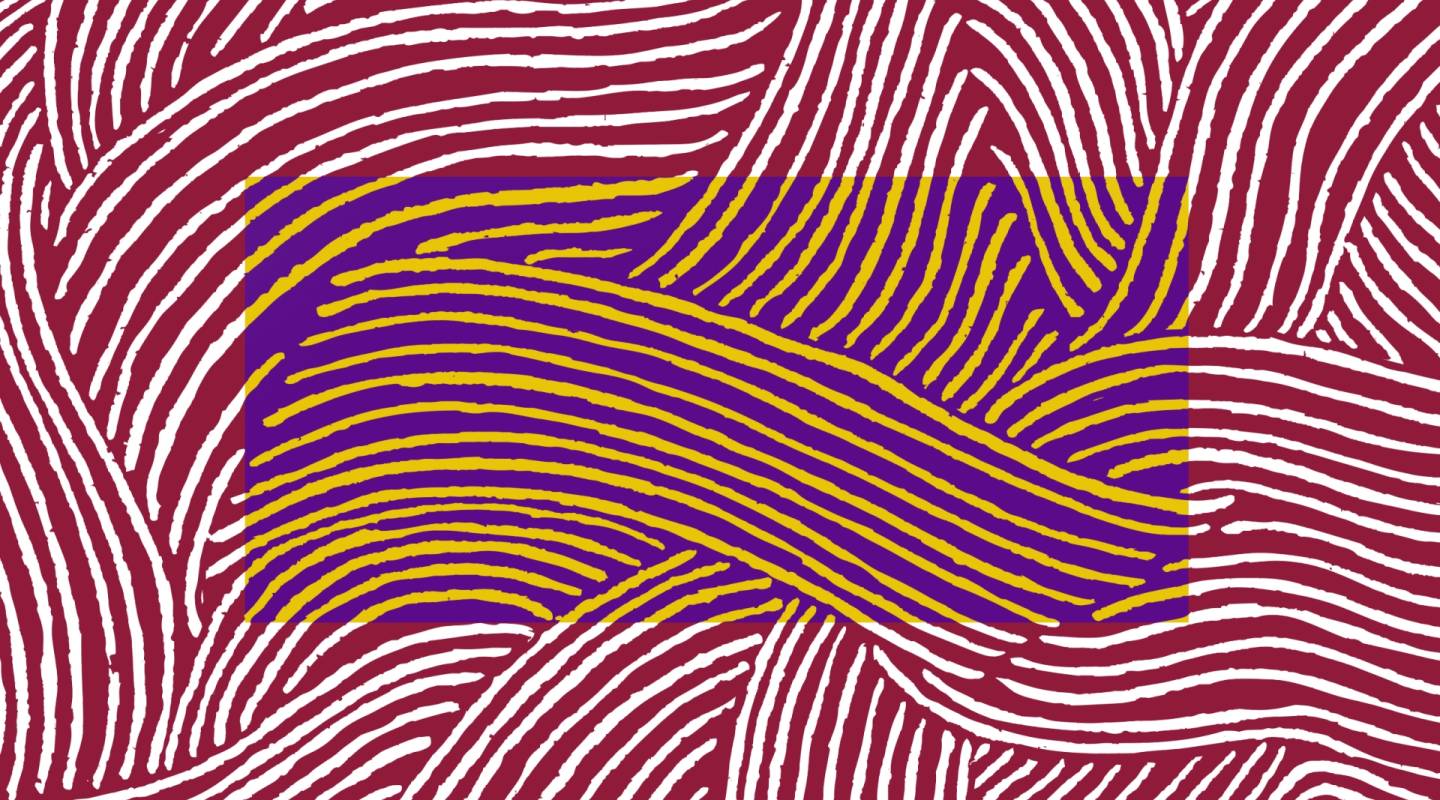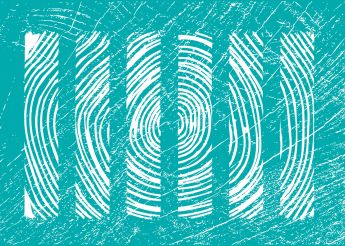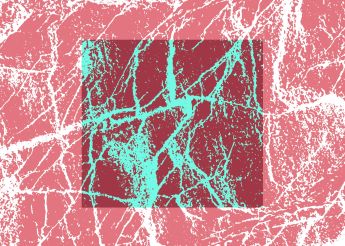BL & JM. In CAR, litigation occurs on two levels: at the local level, via neighbourhood leaders, village leaders or religious leaders; and at the judicial level, via courts and tribunals. These authorities sometimes function in diametrically opposing manners.
However, confessions play a central role in both. Gathering evidence for PCS charges is extremely challenging. Consequently, the vast majority of convictions are based on confessions. At the local level, the act of confessing one’s wrongdoing is perceived very positively and may even be considered necessary by traditional authorities. It is a way of coming together with the victim and a sign of respect towards the institution. Those who refuse to confess risk retaliation and mob violence. It is therefore considered preferable to confess to reduce the risk of violence. At the judicial level, in contrast, a confession can be used by a judge to hand down a conviction. Denying the events can then prove to be a very effective strategy. This disparity between the two systems significantly complicates accused persons’ right to a defence.
PCS cases are extremely sensitive and can elicit strong reactions from the population. The judges in these cases must tread lightly. The cases must be handled delicately, and judges risk retaliation. This puts them in a vulnerable position, leading them to pursue confession at any cost. This situation is problematic, even more so for those familiar with police practices and the various dysfunctional elements of the Central African criminal justice system.
CAR also has an over-reliance on remand detention. In fact, the country has one of the highest rates of remand detention in the world. The authorities arrest but do not convict: the resources allocated to the judicial system are far from sufficient. A large number of women charged with PCS offences are held in remand detention. Their case files could spend months, even years, at the prison registrar. Some judges and some defendants have told us that remand detention could help protect the accused from mob violence. Generally speaking, though, the judicial system is not equipped to handle these cases, which are more a reflection of important social issues than an offence to be processed by a court. Cases of witchcraft ultimately contribute to a deligitimisation of the judicial system, which the population views as ineffective.





